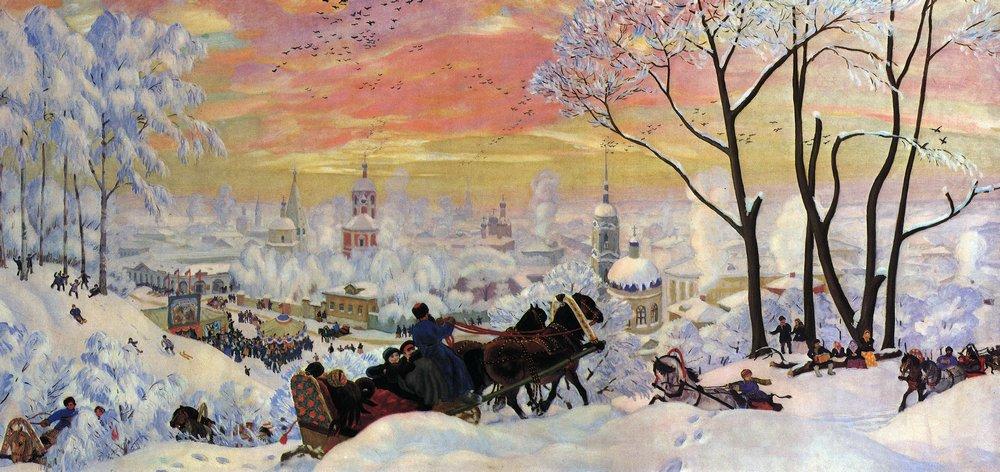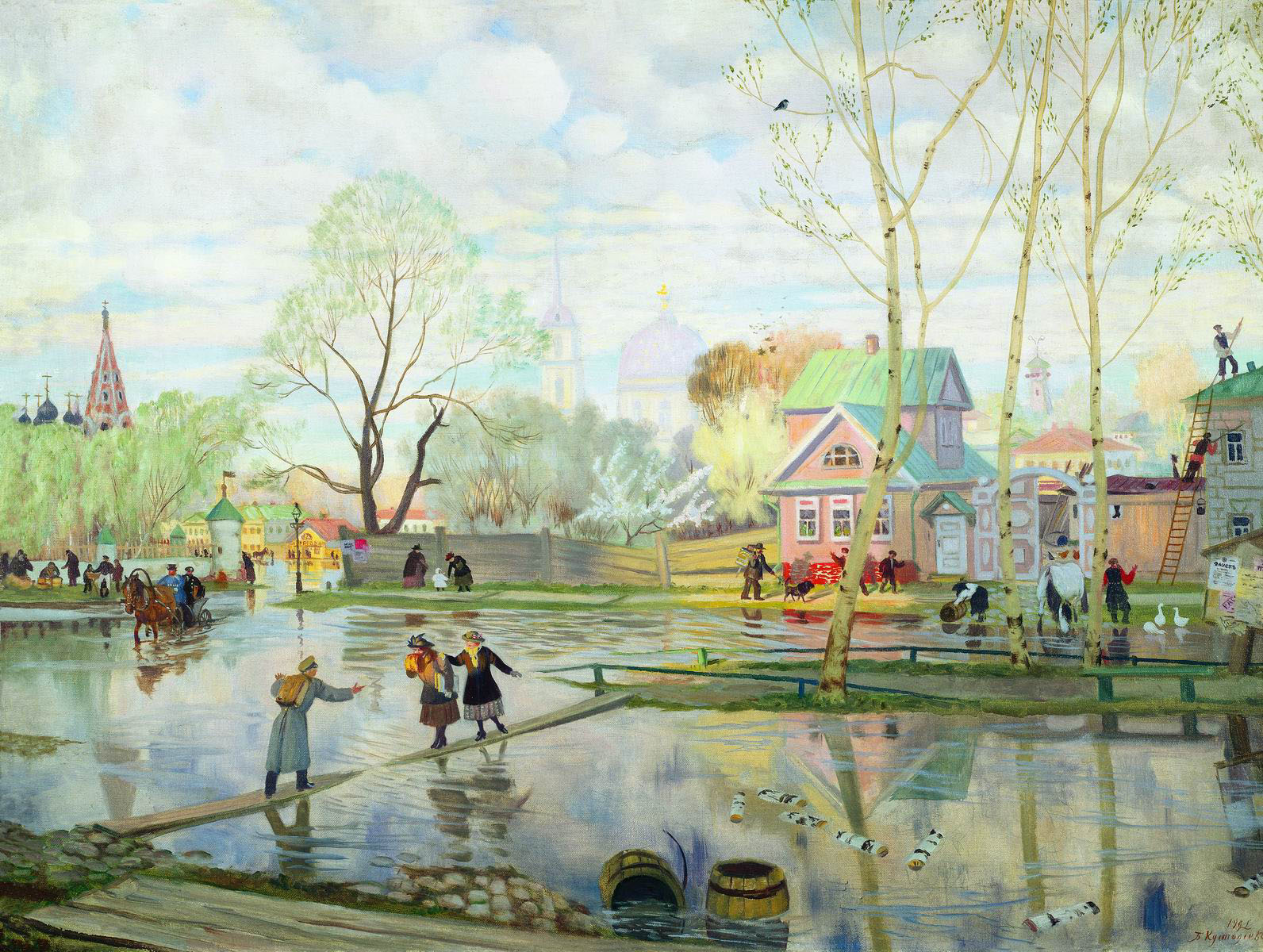Russian Climate
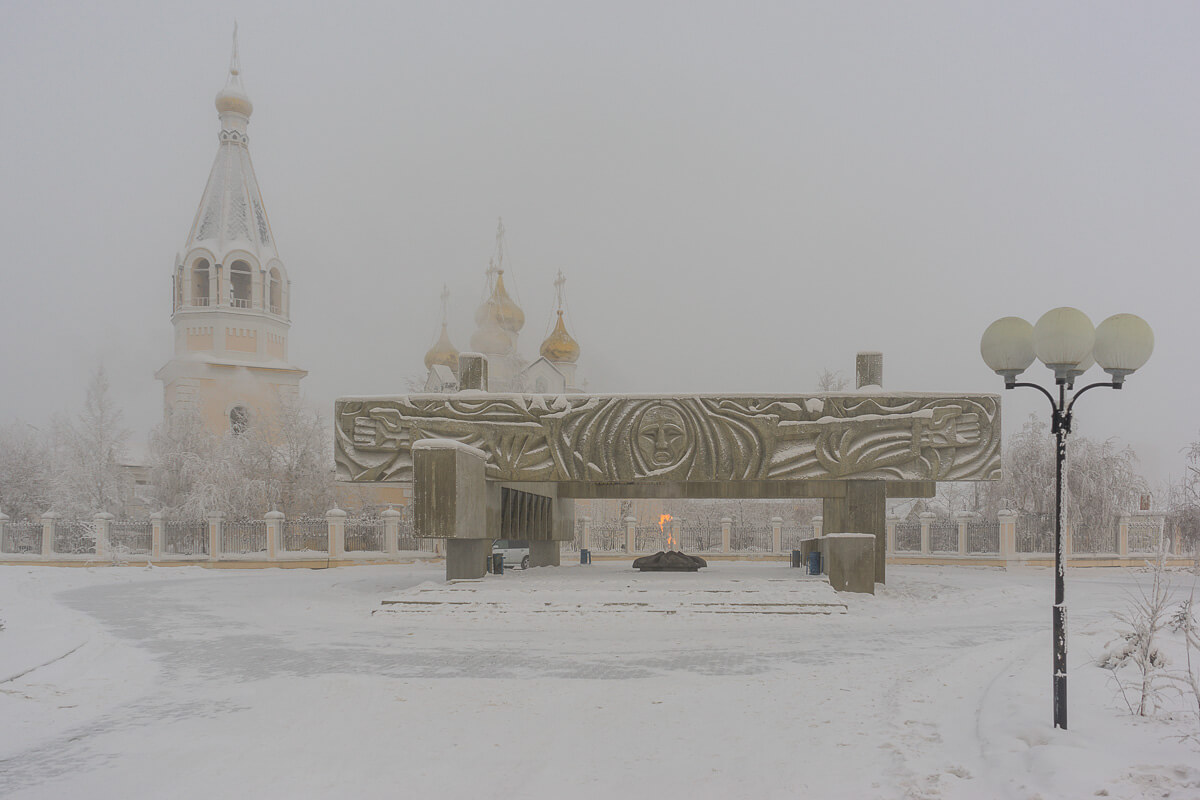
►Practicalities ► Russian Climate

When is the best time of year to come to Russia?
This is a very important question for anyone planning a trip to Russia as the climate in Russia is so extreme that Russia in winter and Russia in summer seem like completely different places inhabited by completely different people! For example, in Moscow, within the year, the temperature can change by 60 degrees or more from approximately -25 in winter to +35 in summer. In addition, temperatures can even change drastically in just a few days. In Russia, spring and autumn tend to be short periods where the temperature and weather changes quickly. The climate varies depending on which part of Russia you are visiting, ranging from polar in the Far North to sub-tropical in Sochi. This section mainly concentrates on the weather in European and Central Russia.
Below are a table containing the average temperatures in nine cities located in various parts of Russia for each month. However this is just the average temperatures and dramatic rises and falls in temperature occur fairly frequency in Russia. You should always check the weather forecast for your destination before setting off to make sure you bring the right clothes as really the right clothing is all you need to enjoy your visit at any time of the year. There is a saying in Russia that there is no such thing as bad weather, just bad clothes!
| JAN | FEB | MAR | APR | MAY | JUN | |
| MOSCOW | −6.5 | −6,7 | −1 | 6.7 | 13.2 | 17.0 |
| S.PETERSBURG | −5.5 | −5,8 | −1,3 | 5.1 | 11.3 | 15.7 |
| MURMANSK | −9.2 | −105 | −5,5 | 0.4 | 5.5 | 10.1 |
| SOCHI | 3.6 | 3.3 | 5,2 | 9.0 | 12.7 | 16.7 |
| KAZAN | −10.4 | −10.1 | −3,9 | 5.5 | 13.3 | 18.1 |
| YEKATERINBURG | −12.6 | −11.1 | −3,8 | 4.3 | 11.3 | 17.1 |
| IRKUTSK | −17.8 | −14.4 | −6,4 | 2.5 | 10.2 | 15.4 |
| YAKUTSK | −38.6 | −33.8 | −20,1 | −4.8 | 7.5 | 16.4 |
| VLADIVOSTOK | −11.8 | −8.4 | −1,9 | 5.1 | 9.8 | 13.6 |
| MAGADAN | −16.4 | −15.4 | −11. | −4.6 | 1.8 | 7.8 |
| JUL | AUG | SEP | OCT | NOV | DEC | |
| MOSCOW | 19.2 | 17 | 11.3 | 5.6 | −1.2 | −5.2 |
| S.PETERSBURG | 18.8 | 16.9 | 11.6 | 6.2 | 0.1 | −3.7 |
| MURMANSK | 13.8 | 12.1 | 8.2 | 2.4 | −3.1 | −5.9 |
| SOCHI | 19.7 | 19.9 | 16.4 | 12.5 | 8.1 | 5.5 |
| KAZAN | 20.2 | 17.6 | 11.7 | 4.8 | −3.4 | −8.6 |
| YEKATERINBURG | 19 | 15.9 | 9.8 | 3.4 | −5.8 | −11 |
| IRKUTSK | 18.3 | 15.9 | 9.2 | 1.8 | −7.6 | −15.3 |
| YAKUTSK | 19.5 | 15.2 | 6.1 | −7.8 | −27 | −37.6 |
| VLADIVOSTOK | 17.6 | 19.8 | 16.0 | 8.9 | −0.9 | −9.1 |
| MAGADAN | 11.8 | 12 | 7.5 | −0.9 | −9.8 | −14.9 |
WINTER
When people imagine Russia they, more often than not, picture snow and to some people visiting Russia in winter is what Russia is all about. It is true that Russia can be a beautiful winter wonderland, but travelling in winter does of course have its draw backs and difficulties.
The infamous Russian winter officially starts on 1 December and ends on the last day of February, although it is not uncommon in European Russia for snow to appear in October and last until April. By late December most of the country is covered by snow.
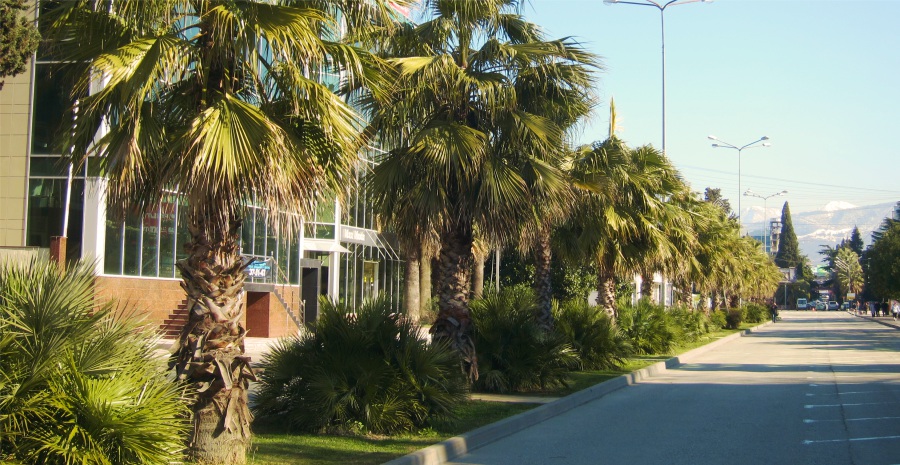
Russia is very well prepared for this and the public transport system is very well geared up for snow and there are not usually delays due to the winter weather. In Moscow there is a whole army of street cleaners who remove the snow from the paths. However no matter how good the cleaners are the hazard of icy streets always remains.
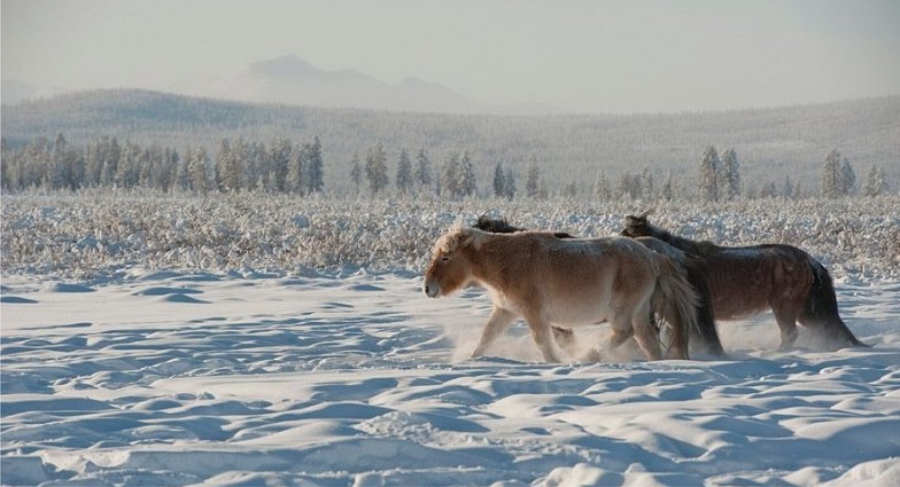
Winter temperatures vary depending on where you are in the country. It is much milder in Moscow and St Petersburg, although even here it is not unusual for the temperature to fall to -20 and below in late January. Of course when we say 'much milder' we mean in comparison to Siberia where -40 to -50 is not unheard of in some cities such as Yakutsk. However it is worth remembering that Moscow and St Petersburg are much more humid than Siberia, and so -10 in these cities can feel much colder than even lower temperatures in Siberia. This is especially true of St Petersburg where a cold wind from the River Neva can freeze your bones.
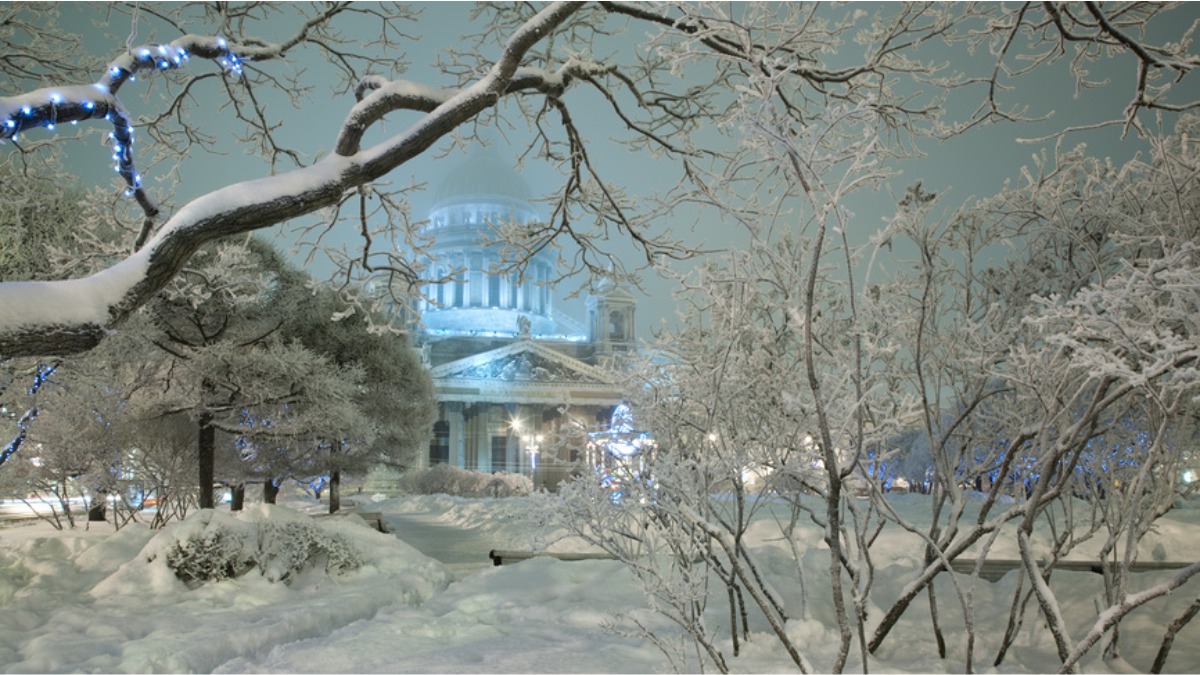
The average winter temperature in Novosibirsk in Siberia is -20 but that can be completely bearable if you have the right clothes. Plus winter weather in the capitals often brings grey clouds with milder temperatures, whereas freezing Siberia in winter still often has clear blue skies.
The most important thing about travelling around Russia in winter is to dress correctly. You will need a good hat, a proper winter coat, gloves, a scarf and warm boots. It is also best to wear thermal underwear if you know you are going to be outside for more than 10 minutes in freezing temperatures. In cities layers are best as houses are usually very hot due to good insulation and the state central heating which cannot usually be turned down.
You should remember that it is not just the cold you have to consider if planning a trip in winter, but also the darkness. In winter the days are very short especially in northern cities such as St Petersburg and in late December in Murmansk you will even experience Polar Nights when it practically does not get light at all.
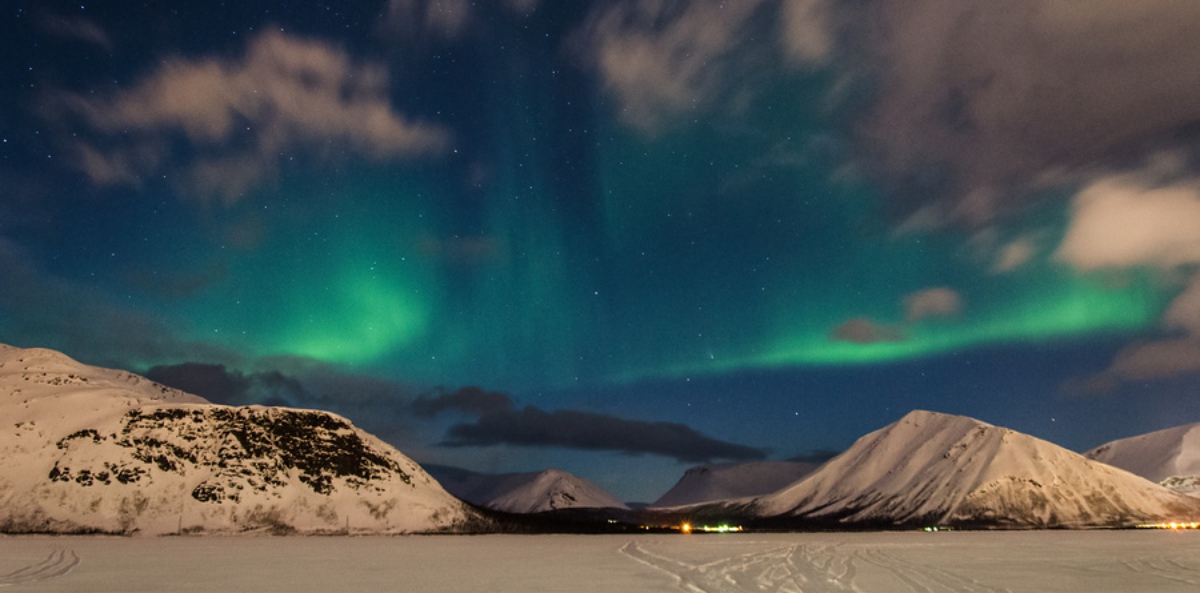
One plus of travelling in winter though is that there are less tourists about, although some sights may be closed in winter or have shorter opening hours. Winter in Russia is also great for skiing and ice-skating. And what could be more cosy than being in a hot banya when it is -20 and snowing outside. Also the 1 January to around the 8 January are public holidays in Russia for the New Year and Orthodox Christmas celebrations. On these days special events are usually held in cities, and in Moscow there is free admission to some museums.
SPRING
Russian spring officially starts on 1 March and ends on 31 May. Spring is usually still very wintery up until April but by May nice summer weather has usually already arrived.
March and early April are probably the worse time to visit Russia as you will usually be greeted with melting dirty snow flooding the streets with slush and revealing all sorts of mess that has been hidden away throughout winter.
One upside of visiting in early spring is the Maslenitsa holidays, which are the Russian week-long Shrovetide holidays associated with the coming of spring and the eating of pancakes.
Maslenitsa's dates vary depending on the date of Orthodox Easter, falling in either February or March. There is even a belief that a late Easter will mean that there will also be a late spring. Another bonus of visiting in spring is that the days by this time are getting longer and the temperatures much milder. You can even notice how people are getting happier with the prospect of summer coming. Once all the snow has melted, work begins on cleaning up the cities, repairing roads, painting fences and planting flowers to prepare for the popular Victory Day celebrations on 9 May.
SUMMER
The idea of Russia being the land of eternal winter is so set in some people's minds that they find it hard to believe that Russia, including Siberia, gets hot in the summer! It is only the Far North regions where temperatures don't rise too much. In Russia summer officially starts on 1 June and ends on 31 August.
After the harsh winters people really appreciate hot summer weather and are visibly happier. When it is hot Russians love to flock to the countryside to have a barbeque and enjoy the sun. In big cities there is usually a noticeable drop in the amount of people as they go on holiday, usually to their dachas (summer houses) in the countryside. Summer is by far the most popular time for people to visit Russia and in Moscow, St Petersburg and the Golden Ring cities you will often see large groups of foreign tourists outside popular sights.
However summer can also bring its own sets of problems for tourists. Whereas in winter it is all about keeping warm, in summer you may have difficulties cooling down. In Moscow it is not unusual for temperatures to go above +30 which can be unpleasant in a big city and will drain even the most dedicated of tourists. Most restaurants and good hotels should have air-conditioning, but it is not guaranteed. Even in Moscow not all buses have air-conditioning and the metro can become unbearable due to the heat. In 2010 a heat wave and carelessly disposed-of cigarette butts caused major forest and peat fires which saw many Russian cities, Moscow included, covered in thick noxious smog.
March and early April are probably the worse time to visit Russia as you will usually be greeted with melting dirty snow flooding the streets with slush and revealing all sorts of mess that has been hidden away throughout winter.
Another problem bought by summer is mosquitos and even horseflies. This is especially a problem when in the countryside, but you can find yourself being bitten by mosquitos in cities too.
However lots of types of insect repellent is available in shops, including spray and plug-in devices which will keep the mosquitos away. Finally hot summer weather is often interrupted by a brief and sudden storm with heavy rainfall. If you get caught out in one of these you could be drenched within minutes!
AUTUMN
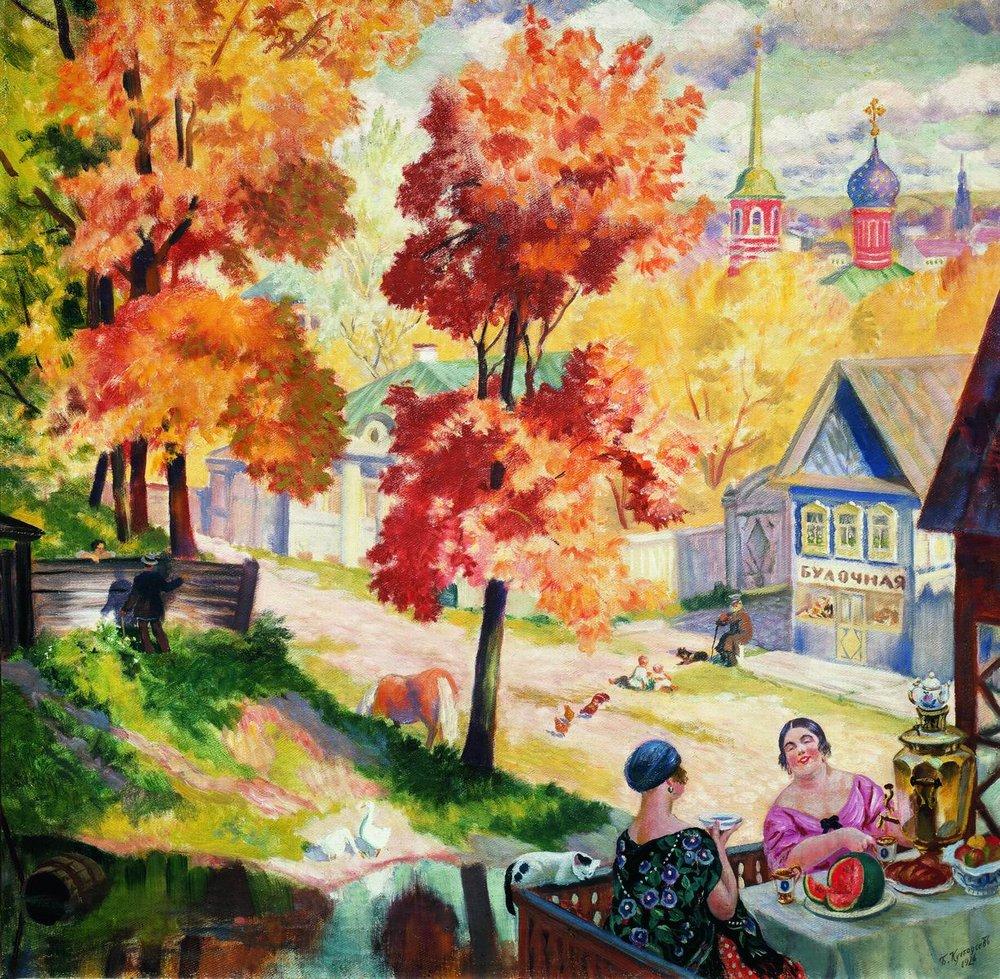
Like spring, autumn is a short term affair in Russia and it is rather hit or miss as far as visiting Russia in autumn is concerned. In the best scenario early autumn is probably the perfect time to visit.
Firstly in Moscow, St Petersburg and the Golden Ring cities, there is a noticeable drop in the amount of tourists compared to summer months. Secondly, the weather can be great, in fact September more often than not sees an Indian summer (called 'babye leto' in Russian which can be translated as 'old woman's summer') with hot temperatures but not the unrelenting heat of summer.
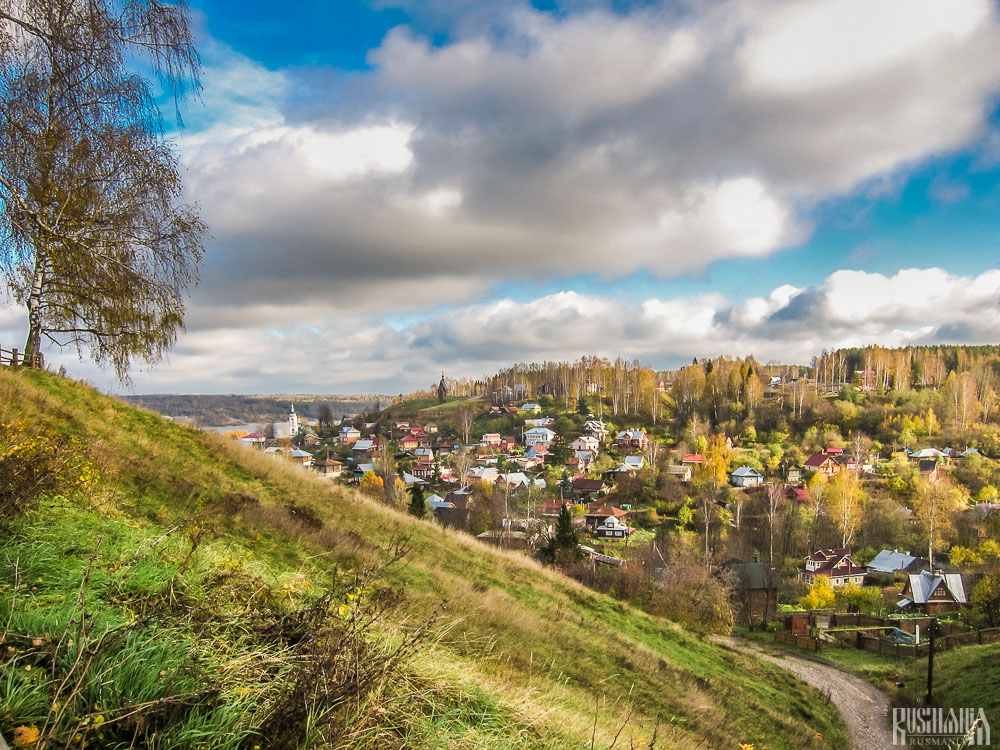
Finally, the autumnal colours in Russia tend to be absolutely beautiful as trees turn all shades of orange, yellow and red. In the Far-East, in particular Vladivostok, Sakhalin and the Kuril Islands, autumn is the best time to visit as the influence of the Pacific Ocean means that it is warm here from August to the beginning of October.
The worst case scenario of visiting in autumn is that it will rain the whole duration of you trip, but this could also be the case when visiting in summer if you are especially unlucky! Usually rain or slushy snow is more likely in October and November, rather than September, and so October and November are also not good times to visit Russia.
►Practicalities ► Russian Climate
